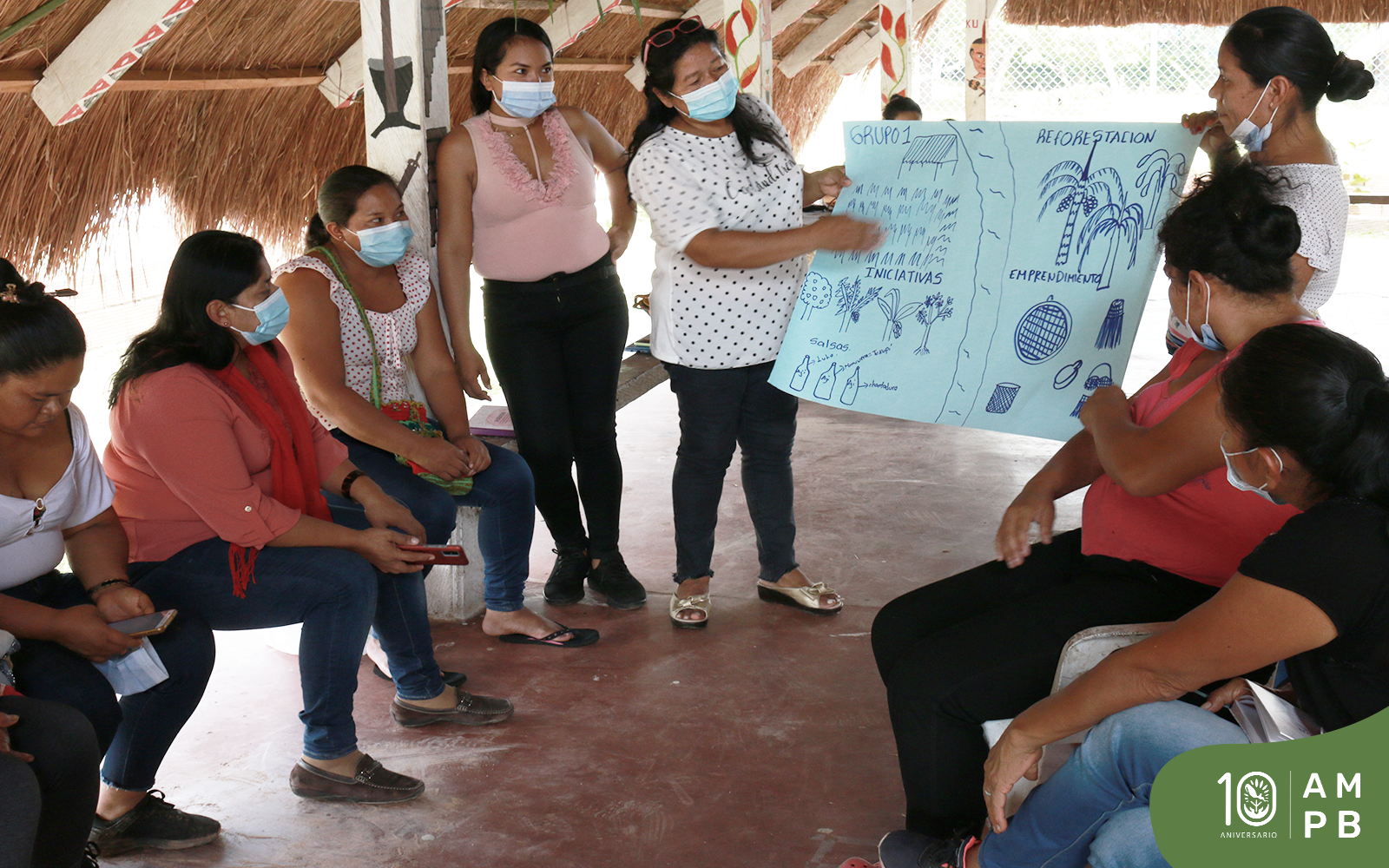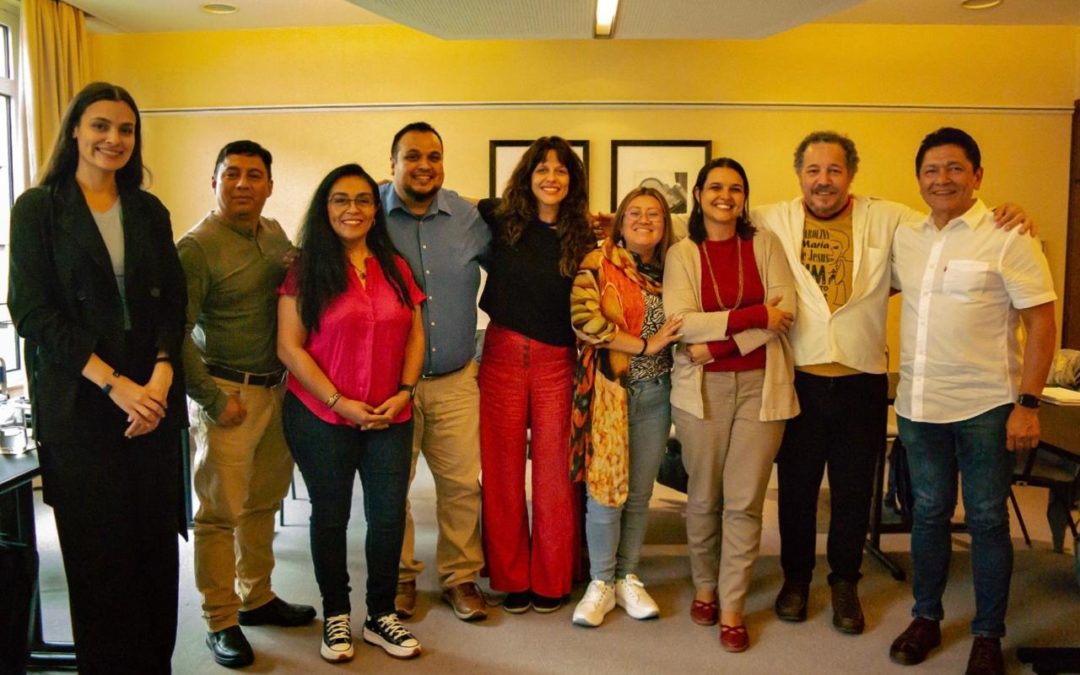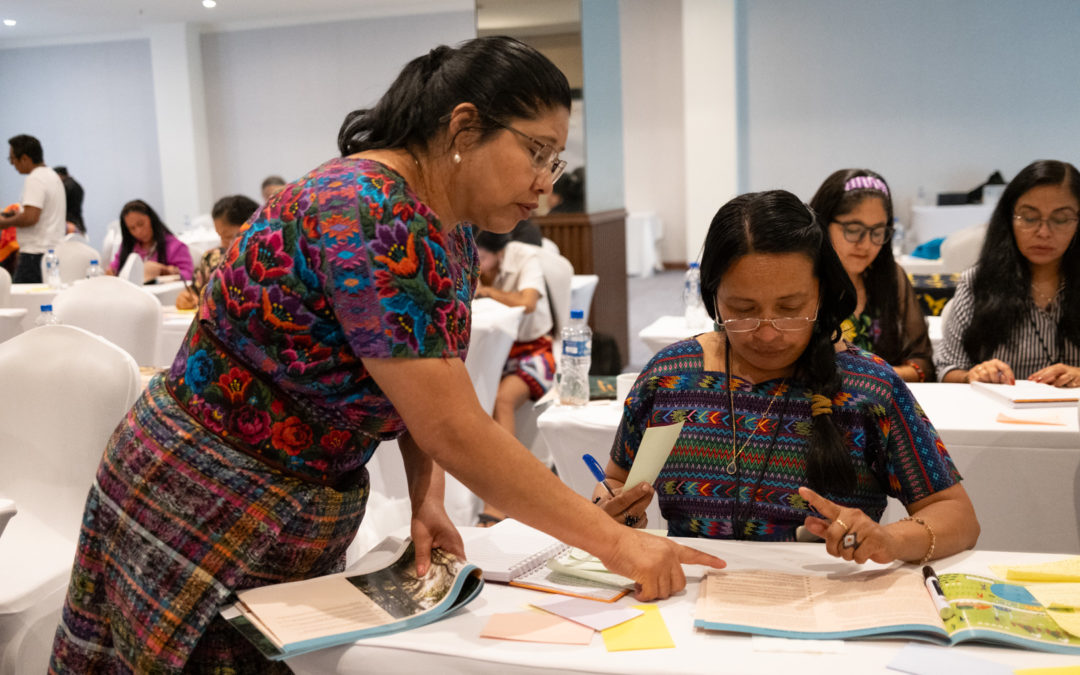From March 7 to 11, a meeting was held in Colombia between leaders of the Global Alliance of Territorial Communities (AGCT), to strengthen ties between women leaders of the Mesoamerican Alliance of Peoples and Forests (AMPB), the Coordination of Indigenous Organizations of the Amazon Basin (COICA) and the Articulation of Indigenous Peoples of Brazil (APIB), through the exchange of experience and approach to the territories.
The exchange between leaders of the Global Alliance of Territorial Communities in Colombia allowed the guests to learn about the solid structure of the Coordination of Women and Family of the National Organization of Indigenous Peoples of the Colombian Amazon (OPIAC), which was presented as a potential model to follow to inspire the implementation of COICA’s Gender Policy and its School of Political Training; they also had the opportunity to travel to the communities and discover some territories of the Colombian Amazon with their particularities and the real scenarios they face every day in their villages.
According to María Cristina Feliciano, President of the Mayangnas indigenous women’s government in Nicaragua and delegate of the Coordinator of Territorial Women Leaders of Mesoamerica (CMLT), this meeting was a rewarding and a great learning experience, “I feel that we learned a lot from the OPIAC Women and Family Organization led by Fany. We also visited some communities in San José del Guaviare, we met with grassroots women and these women work very hard on public policy issues and also how they contribute to climate change. We exchanged experiences of what we do there in our territory in Nicaragua and at the Mesoamerican level.
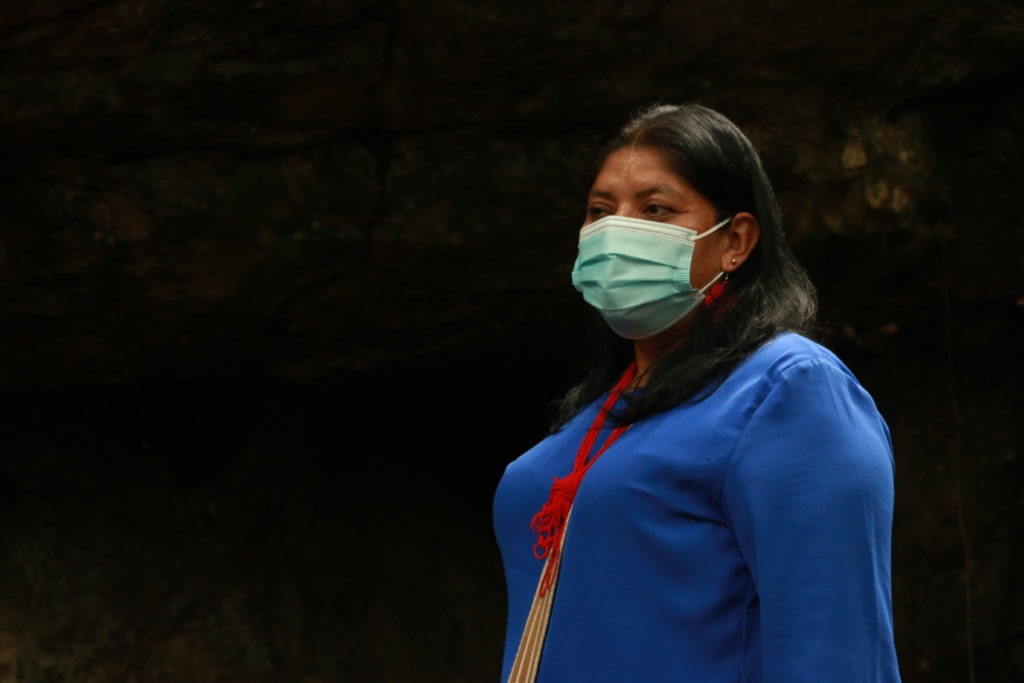
Besides, as part of the activities carried out during this meeting, on March 8, a webinar was held to commemorate the International Day of Indigenous Women, with the virtual and in-person participation of the four gender coordinators of the organizations of the AGCT, which highlighted the contributions of indigenous and community women to the protection of forests and territories; and the need to include women in decision-making spaces related to global climate actions.
Among the results agreed at the end of this meeting, it was established the fulfillment of a political plan of joint activities of women of the AGCT (2021 – 2022), an agreement and strategy for the realization of the next meeting of women, the formulation of a general strengthening plan for women of COICA and the validation of the training proposal on law and economics.
The event ended with a dialogue between women leaders and leaders from Indonesia and Brazil, to agree and define a communication campaign to make their demands visible in the view of the COP26 conference.
These learning initiatives represent an opportunity for the exchange of knowledge and experiences among indigenous and community leaders from all the countries and territories involved in this meeting.
